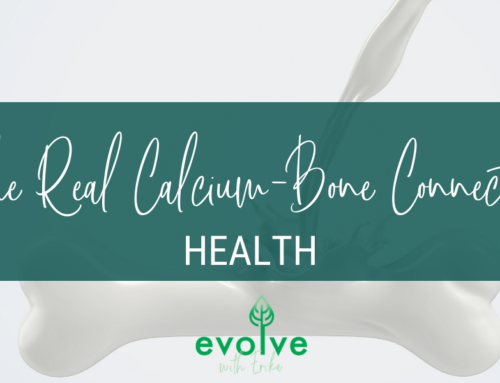What do you get when an esteemed physician and well-informed medical writer team up to dispel a common health misconception? A solid, informative, juicy read. The book seeks to end the demonizing of stomach acid which we have accepted, incorrectly, as the root cause of heartburn, reflux, and GERD. The massive misunderstanding and subsequent demonization of stomach acid is the direct result of our conventional medicine model: emphasis on symptom suppression and politics of profit-driven research. The authors contend that the pharmaceutical industry would prefer us to believe that symptoms of indigestion are the result of too much acid, but this is far from the truth. In fact, approximately 90% of Americans produce too little stomach acid!
Stomach acid plays a very key role in optimal digestion: without proper pH (around 1.5-3) a cascade of negative health implications will follow. Acidic properties of stomach secretions break down food particles for optimal nutrient absorption, act as a barrier and defense against foreign organisms, and trigger enzyme production from accessory organs in the digestive process. A stomach with low acid (or secretions that are too alkaline) can create a cascade of negative health implications: from GERD/heartburn/reflux, nutrient malabsorption, asthma, and a slew of autoimmune dysfunctions.
If stomach acid is good, what happens when we take antacids like Prilosec, Pepcid, or something similar? These antacids only do their job: to treat the symptom rather than resolve the issue; so, from fear of a rebound, we become reliant on them. Then, “overuse of neutralizing or buffering antacids, and ordinary use of powerful acid-suppressing drugs, can inhibit the absorption of essential nutrients and impair the digestion of protein, minerals, and few vitamins” (Wright, 2001). This resulting malnutrition added up over many years can lead to depression and chronic degenerative disease affecting the quality and quantity of our life!
In line with the message of the Nutritional Therapy Association, Why Stomach Acid is Good for You empowers the reader to understand their own body processes and encourages a more holistic, foundational approach to healing and wellness. The book finishes with a comprehensive guide to aid in a reader’s quest to ‘normalize’ their stomach acid (spoiler alert: it shouldn’t require expensive supplements or multiple trips to various doctors). Instead, a simple visit to the grocery store for some nutrient powerhouses! Turmeric, for example, helps stimulates the secretion of digestive juices, to help protect the esophagus and stomach, aids in gall bladder function, and can improve common symptoms of dyspepsia (Wright, 2001). Other interesting recommendations to note: adding a squeeze of lemon or apple cider vinegar before meals to increase stomach acid prior to eating, and use of artichokes cab enhance liver function.
I thoroughly enjoyed my knowledge journey with reading Why Stomach Acid is Good for You. I appreciated the informative yet concise presentation of data, research, and case study anecdotes What I was missing, however, was a call to action. This book may have delivered in the “whodunnit” category but offers no hope of change. Instead, the reader is first enlightened, begins building resentment for the current climate in Western medicine and later being forced to accept it: “Because there are no profits to be made from selling these natural treatments, the pharmaceutical industry, which controls the vast majority of medical research in the United States, will never investigate them or manufacture them” (Wright, 2001).






